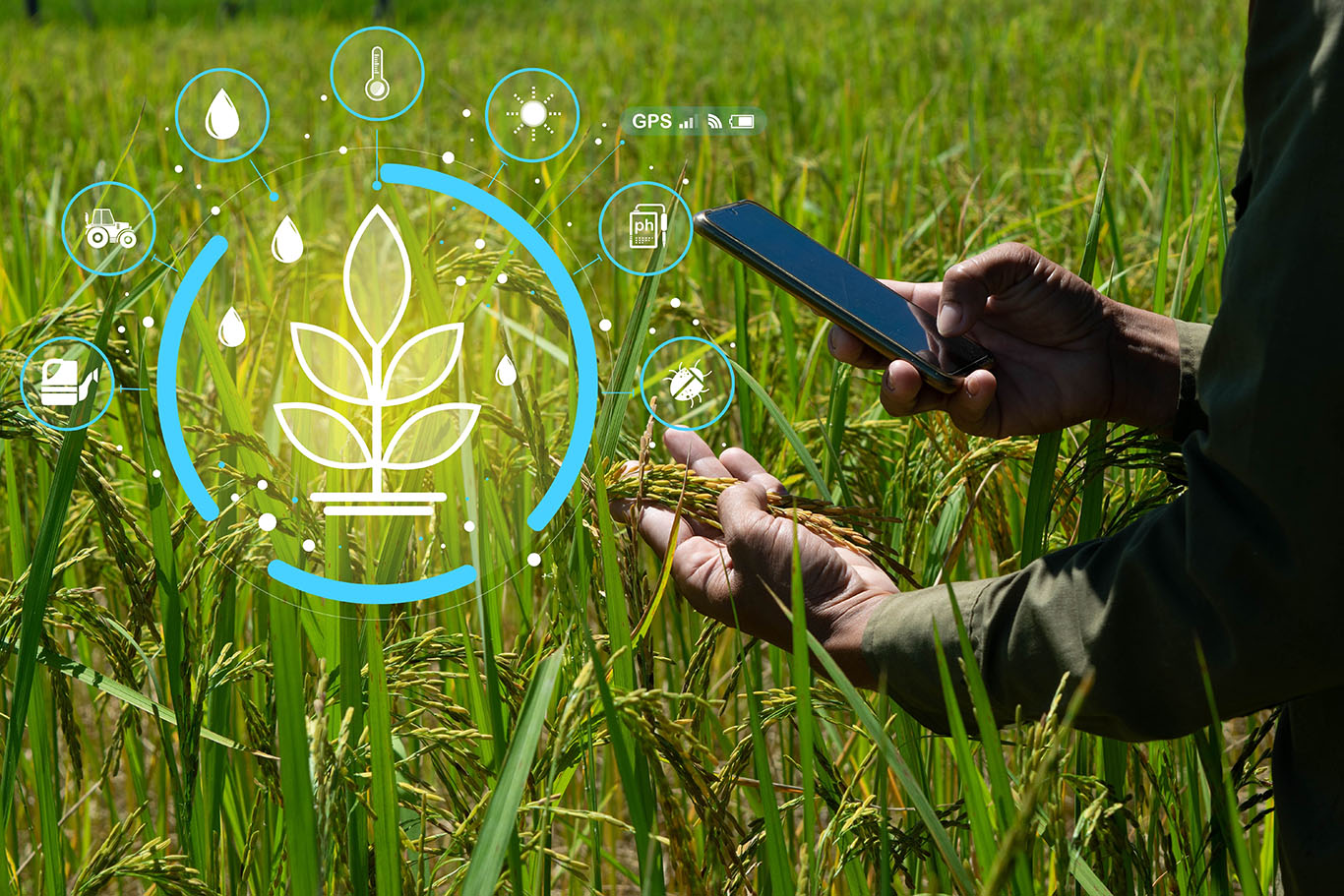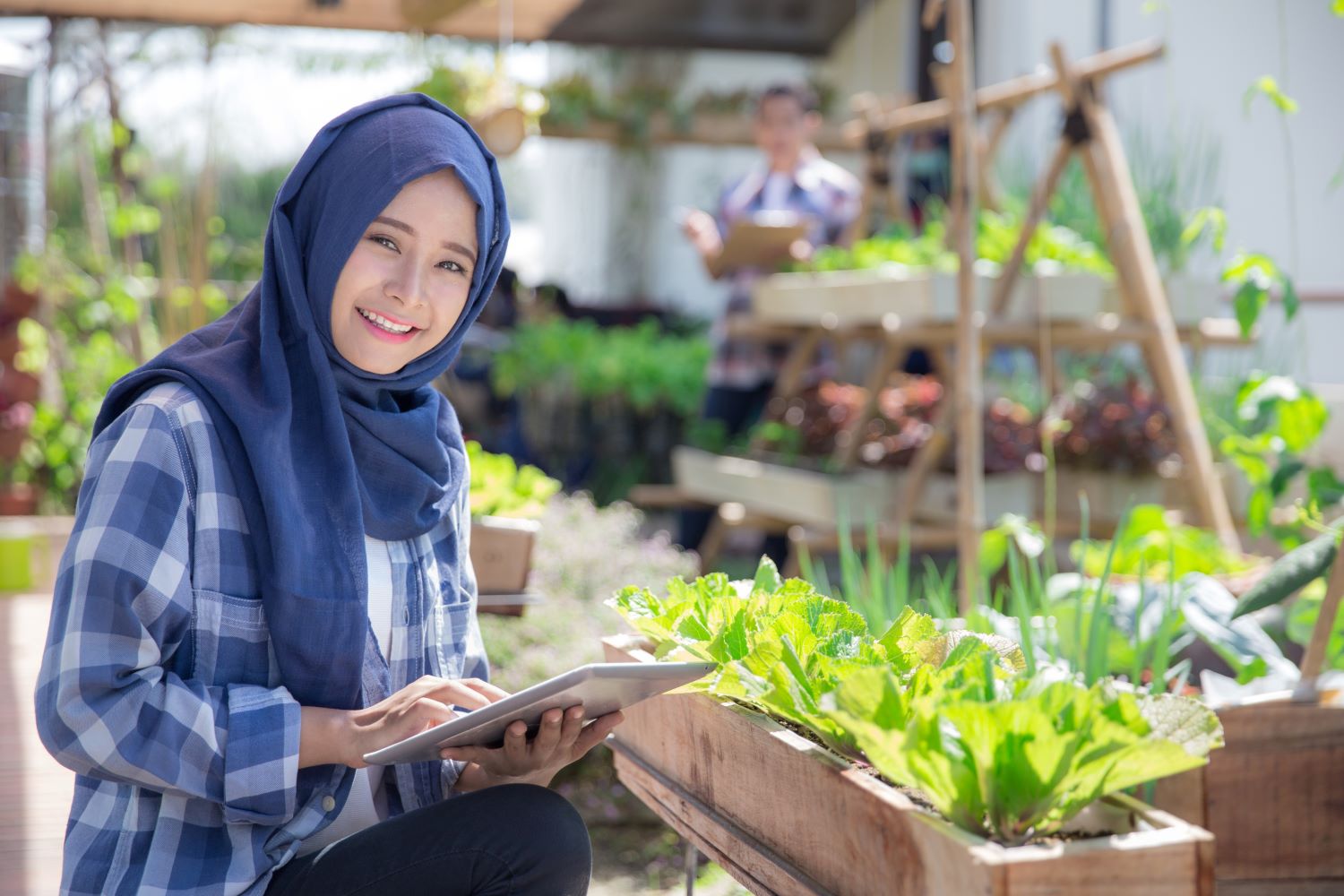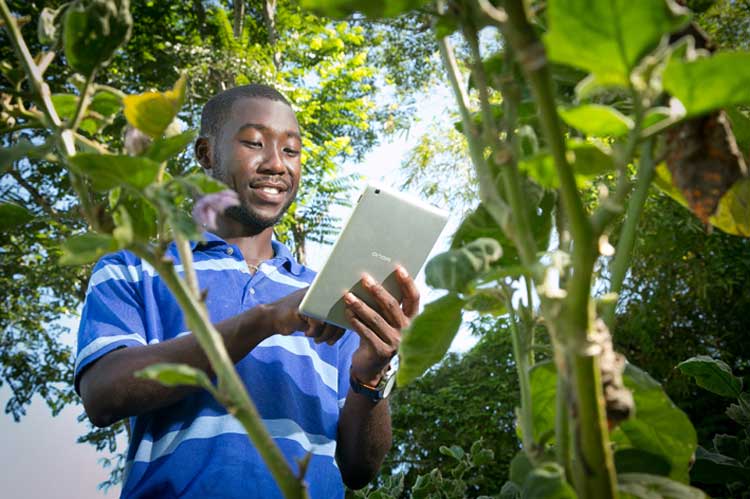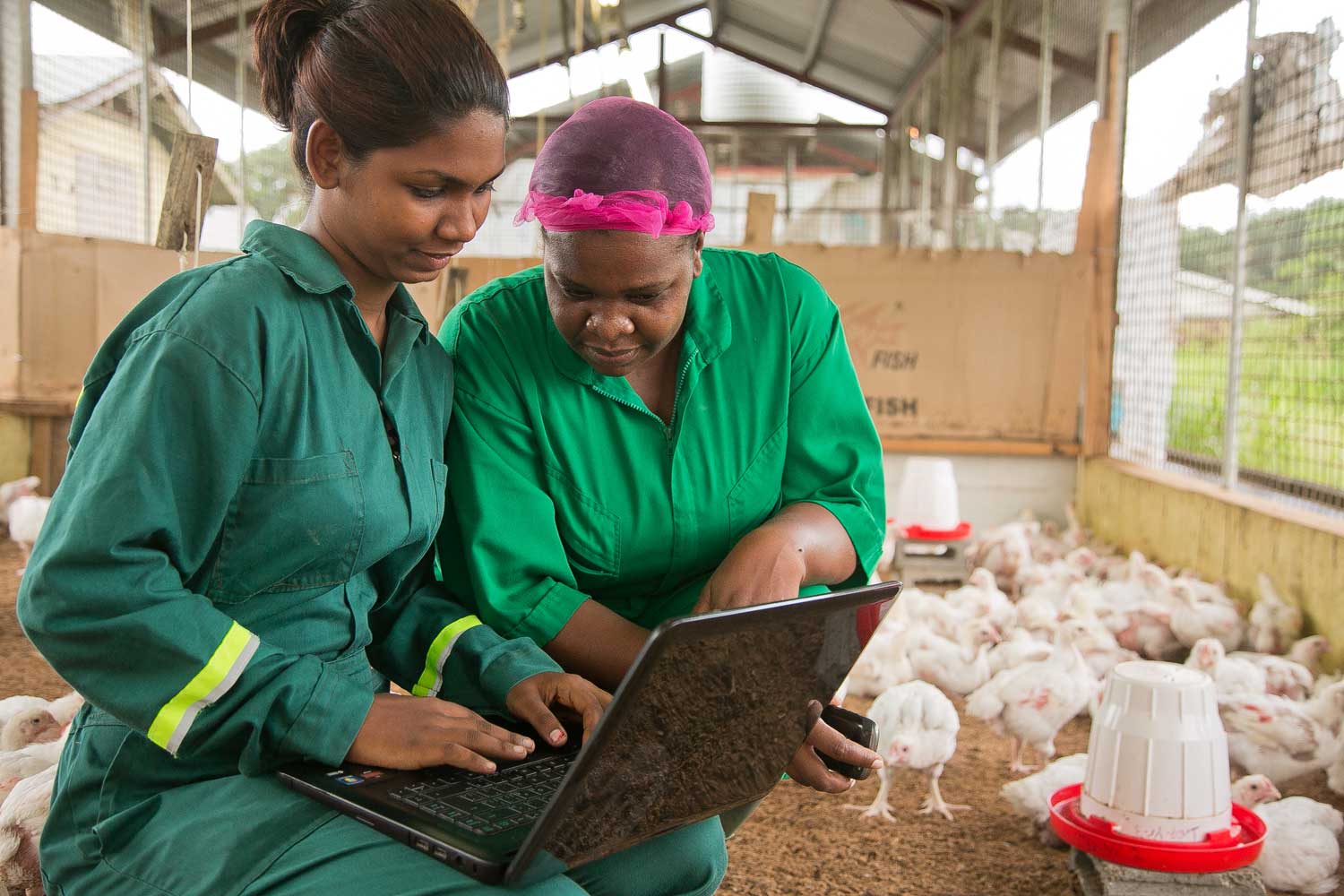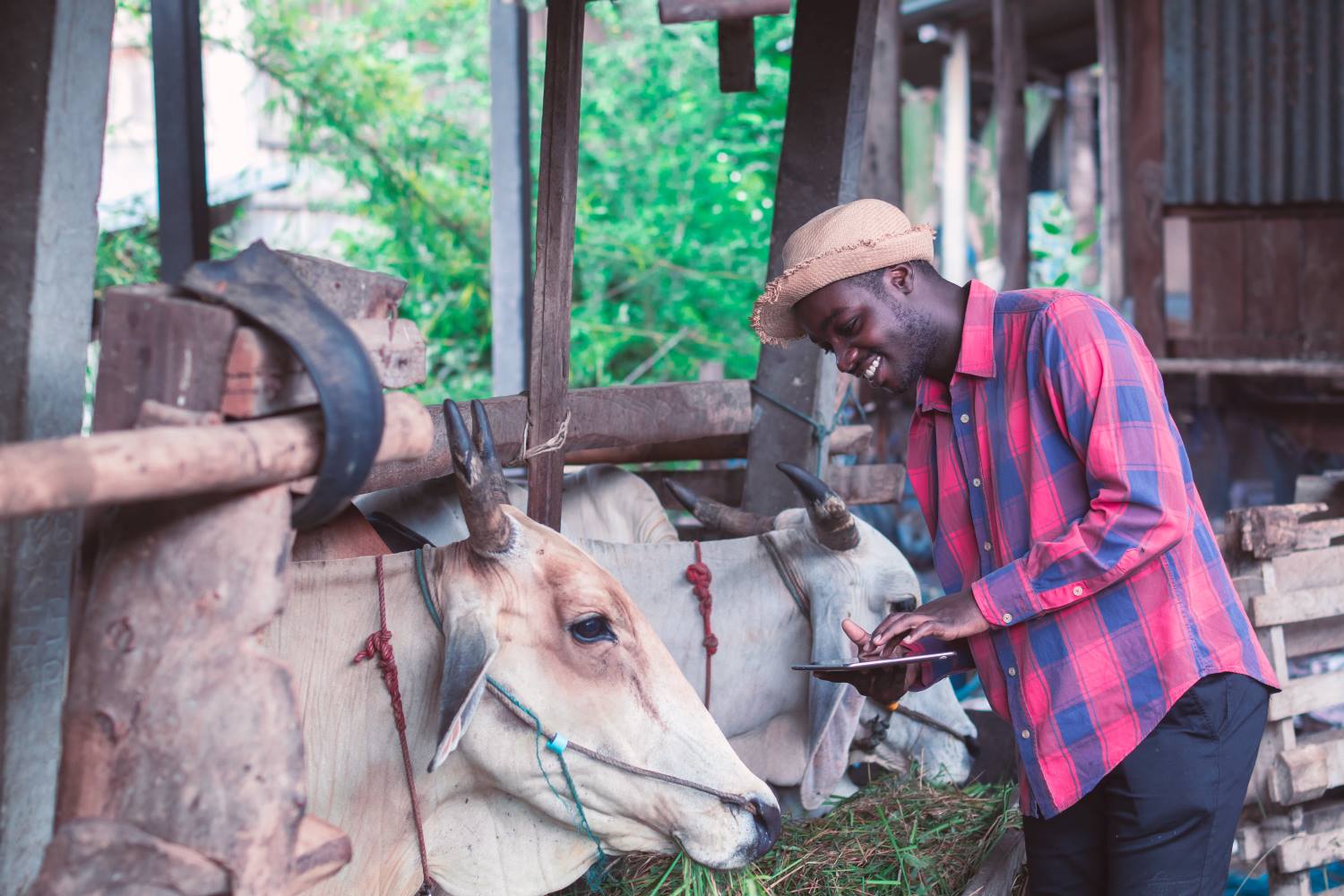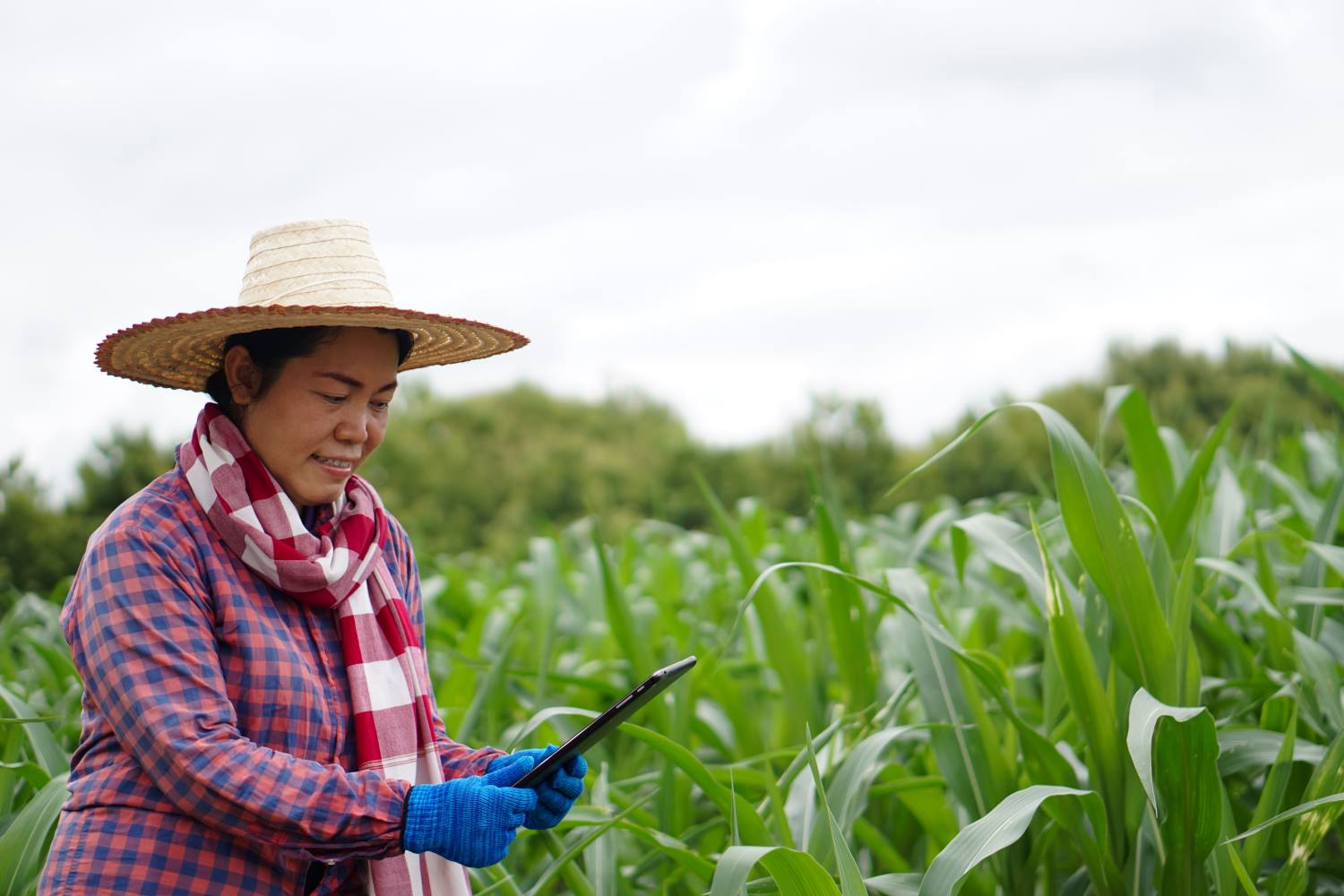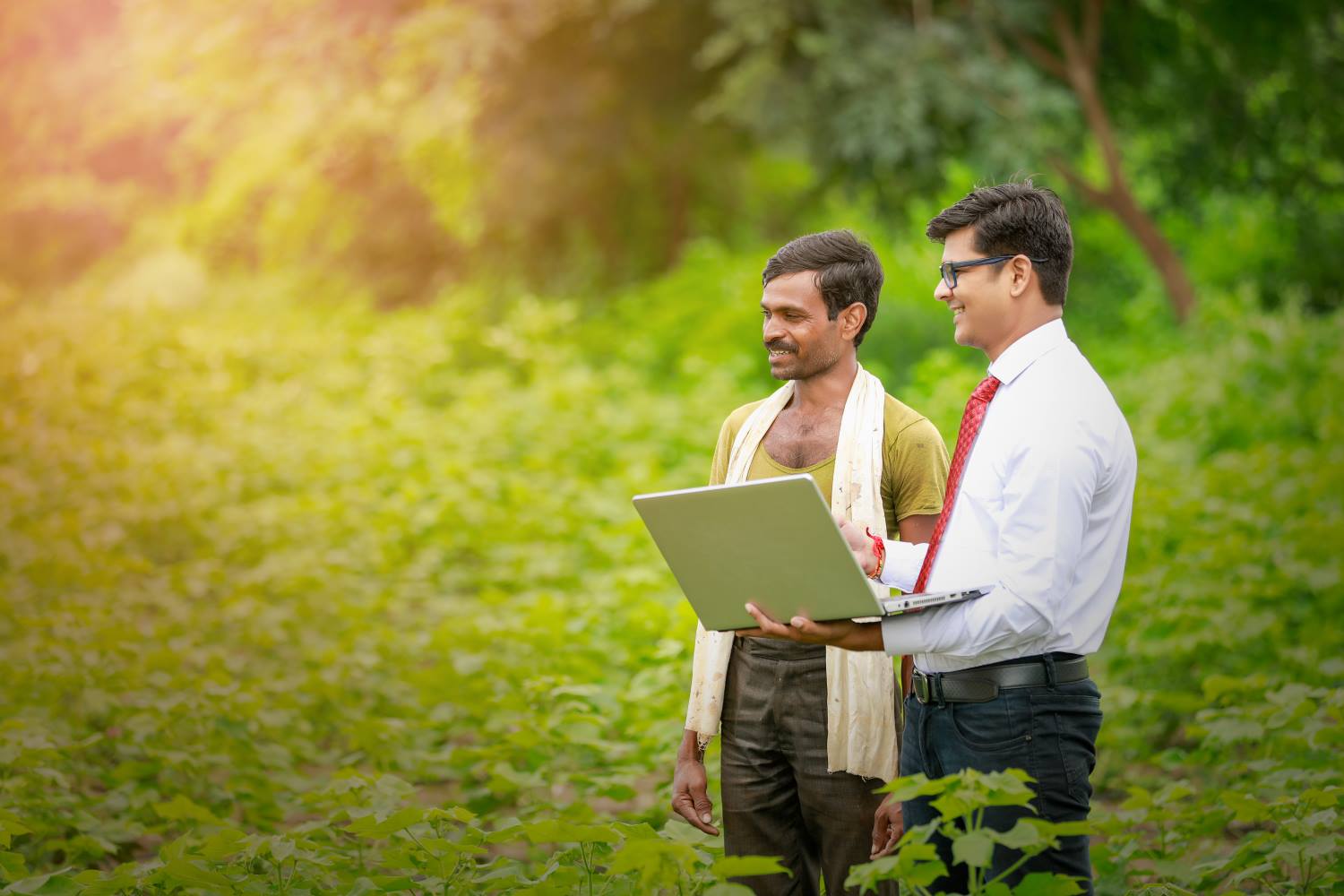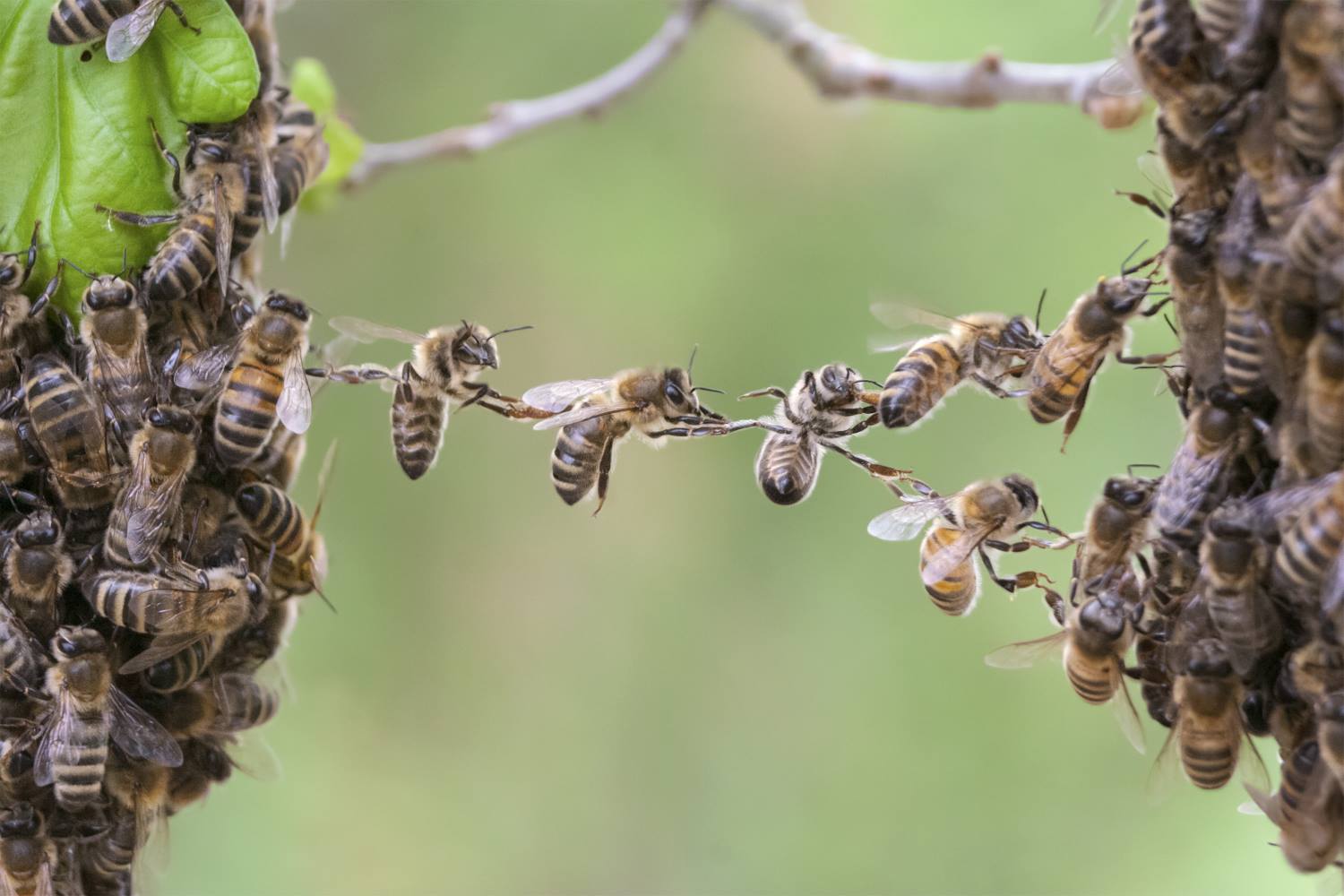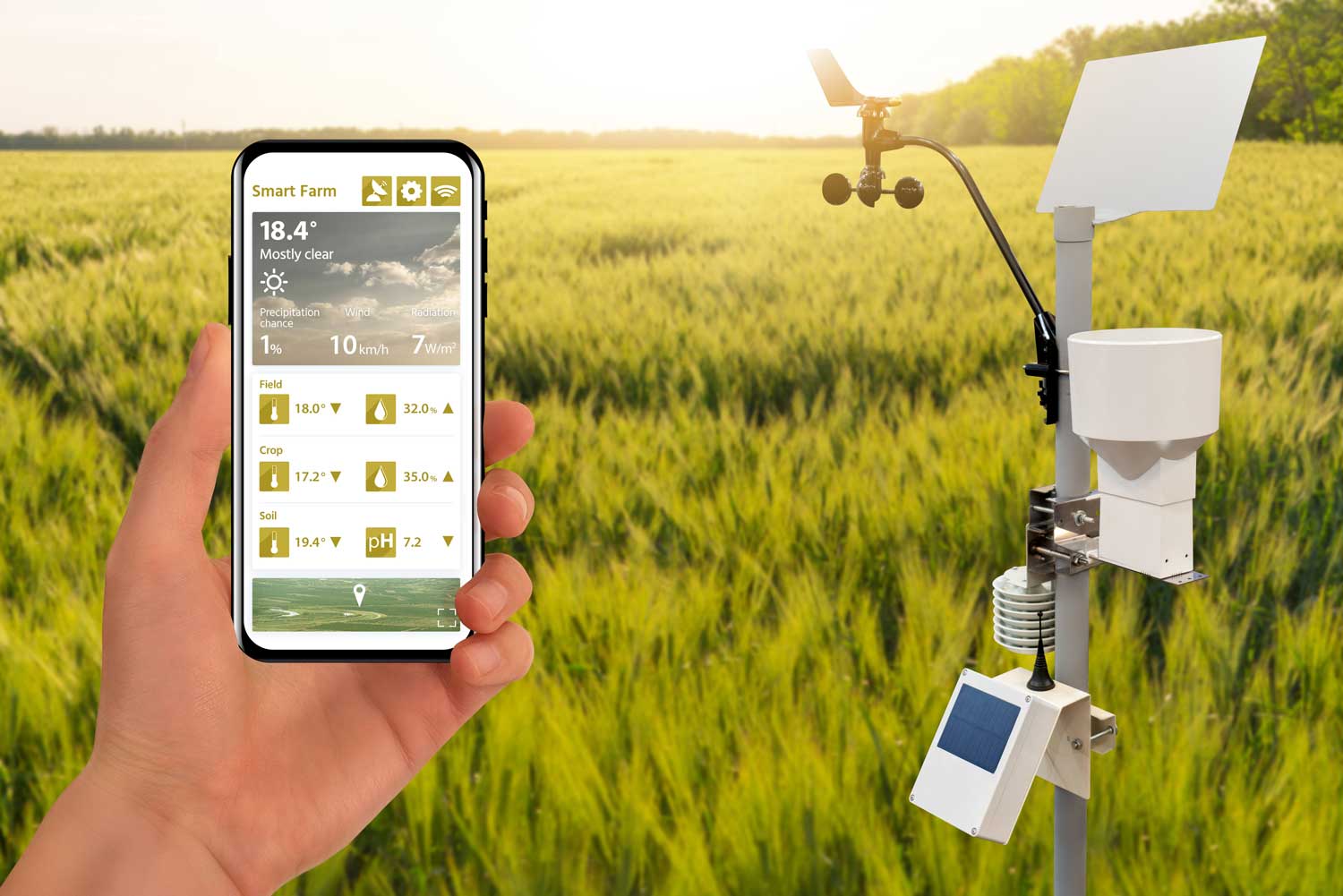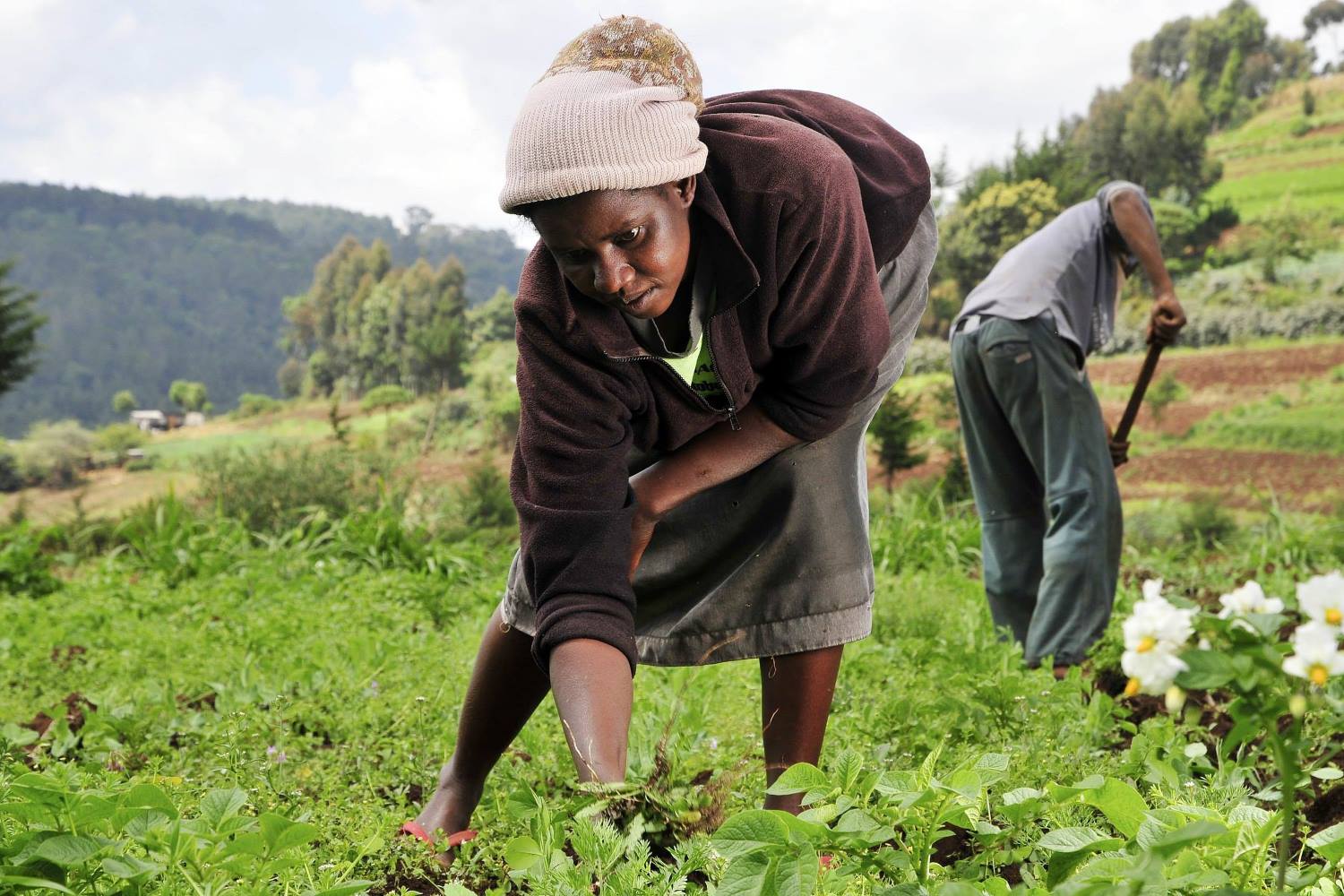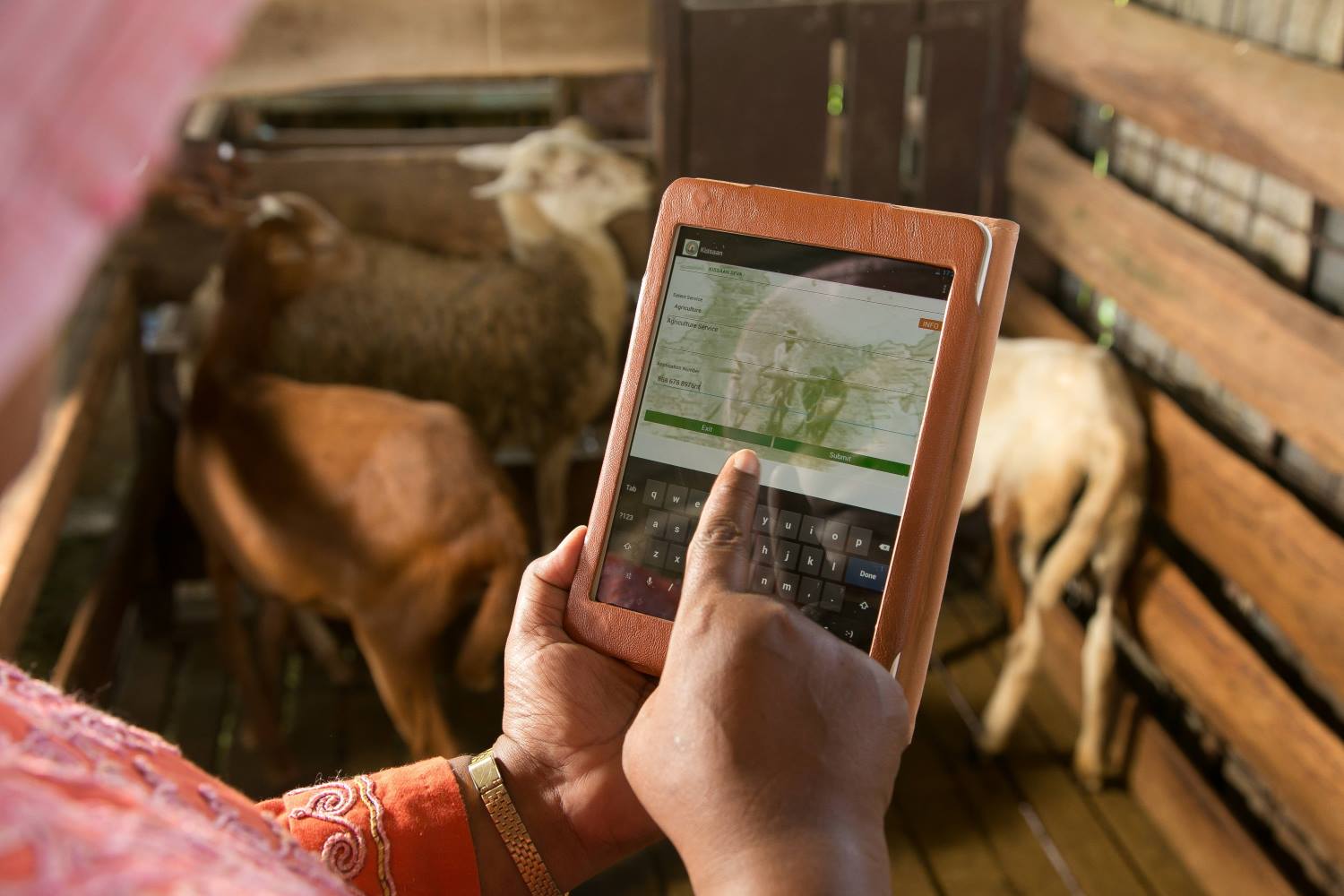Scaling private sector investment in the digital agriculture landscape

Scaling private sector investment in the digital agriculture landscape
Author: Simona Benvenuti
Publish Date: 17 February 2022
In January, Digital Agri Hub organised the first in a series of webinars designed to help accelerate private sector investment in digitalisation for agriculture (D4Ag) solutions. The event offered an opportunity for a peer-to-peer conversation among seasoned impact investors, analysing the current landscape, together with the financing gaps and solutions required to increase the pace of investments. The conversations focused on the scaleability of the solutions provided, as well as opportunities for incentivising behavioural change in small-scale producers through Digital Climate Advisory Services (DCAS). Also, under discussion was the scope for investing in smart farming to generate impact beyond yield improvement. The event was well attended with more than 150 participants, including investors who shared valuable insights during panels and presentations.
Setting the scene
The world's 600 million small-scale producers are critical to food and nutrition security for billions of people globally; in most low- and middle-income countries (LMICs), agriculture is the largest employer and the principle source of income and livelihoods. Small-scale producers face a range of challenges, including low crop and livestock productivity, limited information on the most appropriate agronomic practices for their particular context, inadequate access to inputs at affordable prices, limited collateral to access finance and invest in upgrading their practices and limited, if any, linkages to markets. In addition, women and other marginalised groups, including people with disabilities and those with low literacy levels, are subject to particular constraints in accessing sources to improve their productivity and adaptive capacity.
Rapid advancements in digital technology and innovation provide a sound foundation for accelerating progress and addressing the challenges faced by small-scale producers. However, to achieve any impactful change – especially given the repercussions of the COVID-19 pandemic and the growing effects of climate change – these solutions need to be delivered at scale. For that to happen, more investment is needed in the digital agriculture sector from philanthropic, public and private sector sources.
Scaleability of solutions can be hampered by local specificities
D4Ag solution providers face challenges in raising the capital needed to grow and sustain their proposals. For them, it is critical to identify small-scale producers’ needs and offer integrated solutions that respond to these and enable more efficient farm management. Adopting a farmer-centric approach and building strong relationships with investors are some of the key success factors that can enable D4Ag solution providers to take their ideas to scale.
However, scaling up requires a local approach that acknowledges the varying geographical, demographic and socio-political factors at play in each country. Potential solutions to support local capacity-building and digital growth include raising awareness about existing initiatives in a specific area. Other promising approaches include helping digital platforms to facilitate connections among the diverse sectors’ stakeholders and encouraging accelerator programmes to offer ad-hoc mentorships and promote interactions between early stage and later stage solution providers.
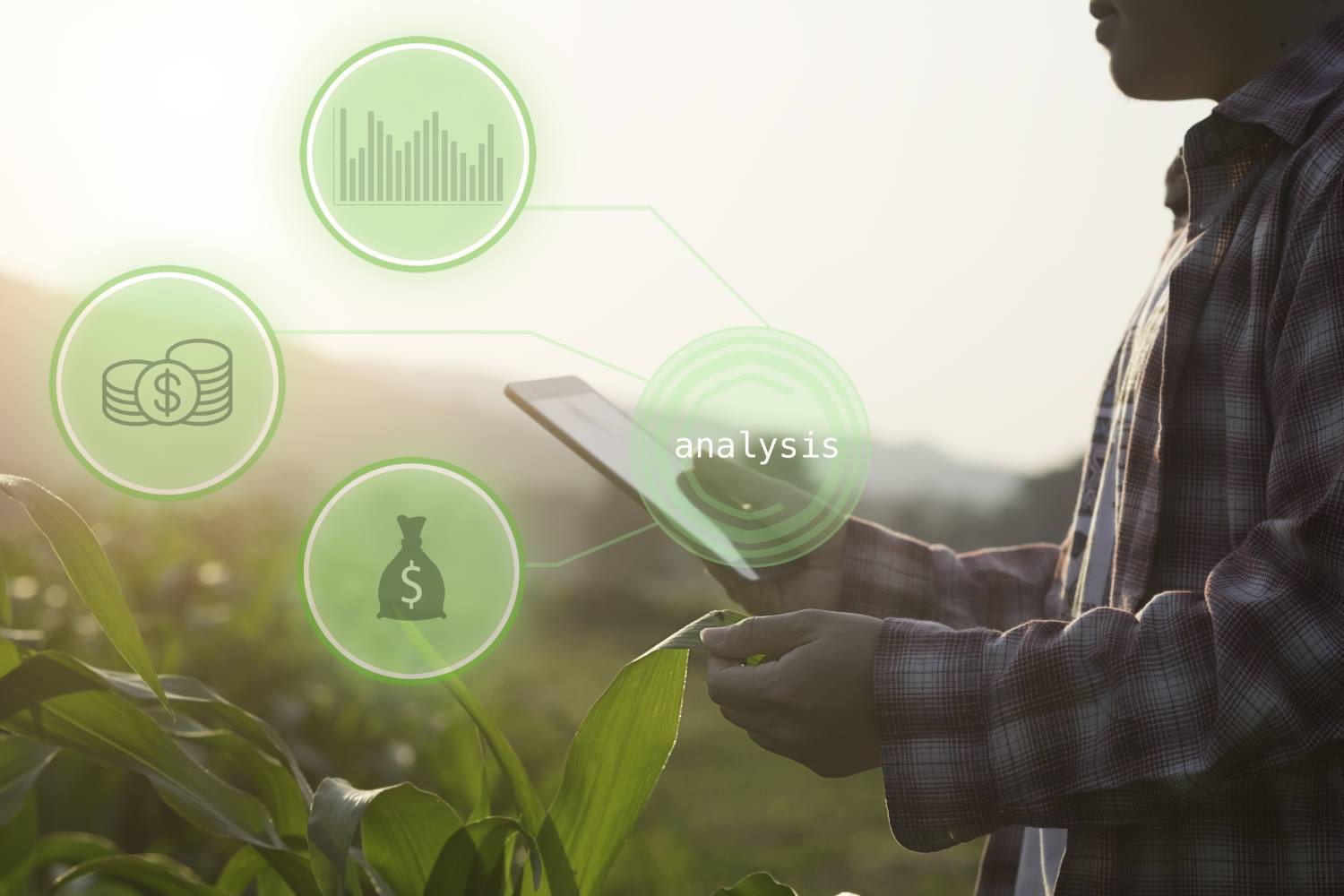
Digital Climate Advisory Services incentivise behavioural change in farmers
The provision of Digital Climate Advisory Services is one of the emerging areas in the programme of work of Digital Agri Hub. Globally, the vast majority of small-scale producers have limited access to climate-smart information, whether it be in the form of simple early warning alerts or more sophisticated yield forecasts. Based on local weather data collection, DCAS provide tailored advice to farmers to incentivise behavioural change and, in so doing, improve climate resilience. While it is broadly recognised that DCAS are critical to building the resilience of small-scale producers to climate change, and an increasing number of solutions are available to farmers, the business models for these services are yet to become sustainable, and the financing gap is still wide. The investment required by public and private actors to build the resilience of an additional 300 million small-scale producers via DCAS by 2030 is estimated at US$7 billion.
Stepping up the scaleability of private sector investments in DCAS is becoming increasingly urgent and will require structuring flexible financial instruments and realistic return expectations. The adoption of behavioural change by small-scale producers is a slow process that can take up to five seasons to materialise, and producers have shown hesitation in paying for these services on a stand-alone basis, pointing towards a business model based on bundling DCAS services with other digital products that provide access to markets, insurance or finance.
Smart farming solutions can generate downstream impact beyond yield improvement
A sector that is growing rapidly in terms of innovation and investments is smart farming, where on-farm and remote sensors generate and transmit data about a specific crop, animal or practice to enable the mechanisation and automation of on-farm practices. Smart farming solutions can power the transformation of the agriculture sector and assist in the professionalisation of smallholder farming by automating decision-making at farm level. They can help smallholder farmers in LMICs to increase their productivity and disaster resilience by giving them access to assets and mechanisation, optimising the use of inputs, labour and natural resources and reducing crop and animal losses and waste. In addition, smart farming solutions have the potential to help solve core problems within a given region and the technology can generate downstream impact beyond yield improvements, such as long-term soil health and land regeneration.
Countries such as India, Indonesia Kenya and Nigeria have become vibrant tech innovation hubs, with smart farming solution providers attracting significant investments. For example, in India the D4Ag sector has shown resilience to the economic fallout from COVID-19 and experienced substantial growth in funding, with a proliferation of accelerators and incubator programmes dedicated to smart farming. A case in point is the increase in investment witnessed following the relaxation of drone regulations by the Government of India, which resulted in geospatial data becoming available to start-ups.
Call to action
Digital Agri Hub aims to provide support to (impact) investors and digital solution providers in the D4Ag sector. To further accelerate the digital transformation and bridge existing gaps, the Hub provides impact-driven data, facilitating cooperation among market actors in the public and private sectors, including the option of exploring blended finance and technical assistance to accelerate successful climate enterprise and pipeline development.
For more information, please contact us at info@digitalagrihub.org
We would like to thank the following for their valuable contributions: Albert Boogaard, Rabobank Partnerships; Danny O’Brien, SVG Ventures I THRIVE; Mathias Brink Lorenz, Rockstart; Vidya Chandy, Chiratae Ventures; Victoria Clause, Mercy Corps AgriFin; the United Kingdom’s Foreign, Commonwealth and Development Office; Kenrick Kambo, Bamboo Capital Partners; Naeem Lakhani, Future Foodways; Panos Loukos, GSMA AgriTech Programme; Janavi Papriwal, Aavishkaar Capital; Maurice Scheepens, FMO; Leesa Shrader, digital agriculture & financial inclusion expert; Chris Wayne, Acumen; Laure Wessemius-Chibrac, Netherlands Advisory Board on Impact Investing.
Further reading
- https://gca.org/wp-content/uploads/2021/07/A-Blueprint-for-Digital-Climate-Informed-Advisory-Services.pdf
- https://www.fao.org/news/story/en/item/1395127/icode/
- https://www.thinkag.co.in/

